Recently we took a look at the tactics big businesses use to hike prices and get away with it, and explored who the biggest price-gouging culprits are.
Now’s the time to talk solutions.
After conducting five public hearings and receiving over 750 public submissions; the Inquiry into Price Gouging and Unfair Pricing Practices not only diagnosed the problem, but outlined a number of recommendations to remedy it. Let’s get into them.
Strengthening competition law and empowering the ACCC
The core finding of the report is that price-gouging is a direct result of a lack of competition and is most obvious in industries where big business hold near-monopolies: Qantas, Coles and Woolworths, the Big Four Banks, etc.
Therefore, it seems obvious that the report’s key recommendation is a simple one: increasing competition is the most effective way to bring down prices for consumers.
Traditionally, the term ‘price-gouging’ has referred to situations where sellers exploit a shortage of essential goods and services to raise prices to excessive levels.
However, in the public mind, there is a wider meaning of the term: prices that significantly exceed levels that would occur if there was competition.
Such prices substantially exceed costs of supply and a reasonable level of profit.
Professor Allan Fels
Chair of the Inquiry into Price Gouging and Unfair Pricing Practices

The report suggests doing this by amending and strengthening competition law – by making it an offence to charge excessive prices – and giving greater funding and power to the Australian Competition and Consumer Commission (ACCC).
The ACCC is the chief competition regulator of the Australian Government, and its primary responsibility is to ensure that individuals and businesses comply with Australian competition, fair trading, and consumer protection laws.
But as the report identifies, its powers are often limited. Giving it the ability to conduct more investigations, of its own initiative, could help to speed up and improve dealing with situations of rising prices, by increasing public awareness and company transparency.
The report also covers a range of recommendations specific to problematic industries.
Industry-specific recommendations
Aviation: Us the current review that is underway to prioritise the removal of anti-competitive restrictions on international aviation that are harmful to consumers – i.e. make it easier for more airlines to get into the market.
Banks: The banks need to be better regulated so that their activities and products are more transparent. Bank accounts should be made portable for consumers so consumers can easily switch banks, similar to how it’s easy to switch between telecommunications companies while keeping the same phone number.
Energy: Further reviewing into whether an ‘excess profits’ tax is called for, considering the windfall of profits in the sector. Also greater regulation of network provision prices.
Medical specialist fees: The ACCC or another appropriate body should review specialist fees and the policy steps that could be taken to make them more transparent or to reduce them.
Food and Groceries: Conduct an ACCC Inquiry into competition and prices in the retail food and grocery industry, particularly checking whether supermarkets are passing on price decreases to shoppers as quickly as they should be. Plus the Food and Grocery Code of Conduct should be mandatory for all retailers, and include a price register for farmers to assist them in understanding market prices across the main industries.
Bringing about change
There isn’t one solution for price gouging and the cost-of-living crisis. But the good news is that the Price Gouging Inquiry has been successful in exposing the big businesses who have – and continue – to take advantage of shoppers; prioritising profits over people.
We know where the blame lies and what to look out for – and that’s a vital first step. Next, adopting the report’s recommendations on price and competition policy would substantially improve competition and decrease the price pressure faced by working Australians and their families.
Everyone has a role to play in continuing to hold big business to account. If you’re not already a union member, now’s the time to join, and be part of the movement that’s driving positive change.












SHARE:
Common sense changes to prevent big business price-gouging